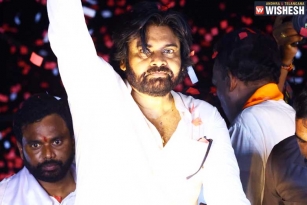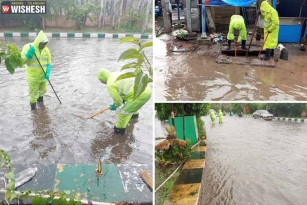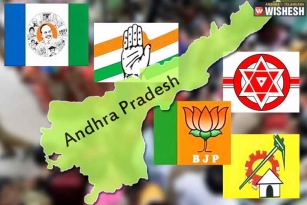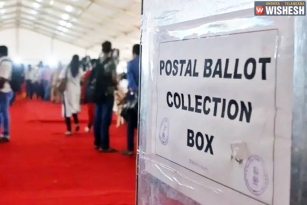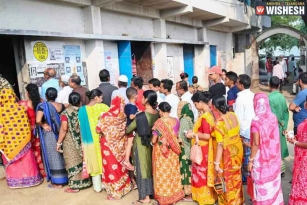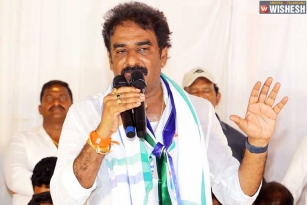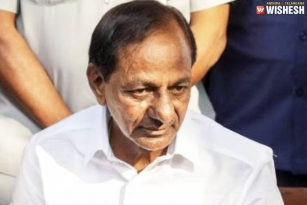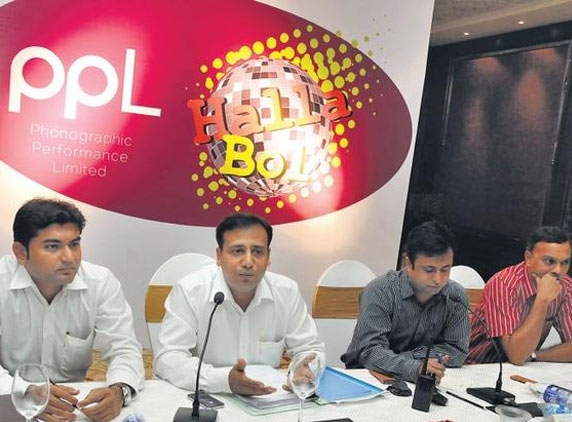
Unauthorized music parties can land the organizer behind bars, if music played is not licensed. The news sends quivers among party animals.
Have you heard about `The Phonographic Performance Ltd (PPL),’ the apex licensing arm of the Indian Music Industry? Well if you had not then here is the gist of the activity of the segment. It serves as the watchdog to unauthorized usage of music titles at events. Of course one is at liberty to listen to any song in his privacy, at home or in a car. But if the music is played at events without a license then it becomes an offense. And the repercussions could be alarming, and could stretch up to three-year prison sentence and a fine of up to Rs 2 lakh. Well the cat was let out of the bag on Wednesday by the licensing body through a campaign termed, `Halla bol' - a two-day awareness drive on music licensing laws in India. The campaign is initially conducted at Hyderabad, Bangalore and Goa.
At Hyderabad, Country Head of PPL, Sowmya Chowdhury spoke to media on the occasion. He said, despite the growing popularity of Indian film music, the industry suffers huge losses owing to illegal playing of music at various popular entertainment zones. There is lack of awareness amongst people regarding the legal usage of music by acquiring adequate music licenses issued by PPL.’
As part of the campaign, pubs, restaurants, shops and other establishments, any place where music is played, will be made aware of the provisions of the Copyright Act, 1957. 241 music labels are currently registered with PPL, of which six companies hail from our state. The license fee will depend on the number of hours and for the number of songs played. The cost also varies in accordance to the event specification like Charitable, Sponsored or unsponsored. For instance, a three-hour programme for 100 people would have license fees in the range of Rs 25,000 to Rs 30,000. The license, however, pertains to music from labels registered with PPL. Over the last few years, the PPL has granted 1.5 lakh licenses in the country; 10,000 in Andhra Pradesh alone.
The biggest hurdle for this program to be successful is its limited staffers. Approximately 750 students are right now working in the organization and nearly 21 are working in Andhra. But will this small force be a watchdog for the mammoth utilization. Secondly the license will be required for the labels registered with the organizations. Will that complicate the issue? Well though it is a welcome initiative, adequate staff with volunteers and a mandatory law to register with PPL, might improve the restricting of illegal usage.
This only indicates that henceforth your favorite `Kolaveri di’ or `Bangaru Kodi petta’ can be played in your evening corner, only if they get the license. (With inputs from Internet-AarKay)



